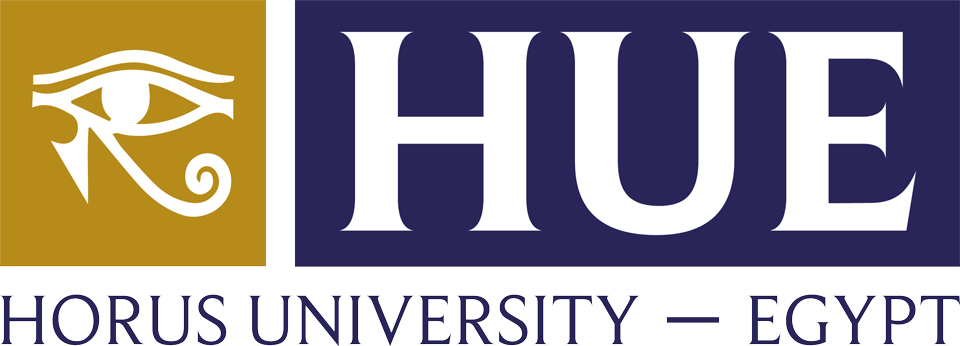Pharmaceutical Chemistry
About the Department
Pharmaceutical Chemistry Department includes three majors: Medicinal Chemistry, Pharmaceutical Organic Chemistry, and Pharmaceutical Analytical Chemistry.
Medicinal Chemistry
Medicinal chemistry is an interdisciplinary field that combines synthetic organic chemistry, pharmacology, microbiology, biochemistry, and physical and computational chemistry. It is concerned with the process of drug discovery and development, starting from target identification, the main compound, exploring the relationship between structure and activity, to improving the main compound, using various techniques such as in silico screening and high-throughput verification, as well as designing drugs, knowing their efficacy, and comparing them via computerized techniques. Also, it involves studying the pharmacokinetic and pharmacological properties related to different pharmaceutical active agents and their formulation strategies and the structure activity relationship of these drugs.
Pharmaceutical Organic Chemistry
Organic chemistry curriculum describes the principles and fundamentals of organic chemistry for simple aliphatic and aromatic compounds including: structure and bonding, classification and nomenclature, structure and interaction, interactions and properties, resonance and stability, mechanism of organic reactions and reaction media, concepts of acidity and basicity of organic molecules, aromaticity and stability of aromatic compounds as well as acyclic compounds, Homogeneity and Stereochemistry. It also includes the different methods used to identify the structural composition of organic compounds, such as using nuclear magnetic resonance, infrared and ultraviolet rays, and also the mass spectrometry to identify the mass.
Pharmaceutical Analytical Chemistry
Analytical chemistry is the branch of chemistry that deals with the definition and determination of drug concentration in different drug forms as well as in biological fluids such as plasma, serum and urine. It also deals with analysis of drugs and elements in environmental samples. Analytical chemistry is the backbone of the pharmaceutical industry as it helps quality control units analyze raw materials, intermediate products and final drug formulations to ensure that the product is safe and effective.
Chemical methods used for analysis include: titrimetric analysis (acid-base reactions or complexation reactions), electrochemical analysis (redox reactions, potentiometry, and titration) and finally instrumental analysis using spectrophotometry and chromatography.

Vice President & Faculty Dean
welcome everybody who participates in building a future for our own country to help it take a considerably distinctive place among nations.

